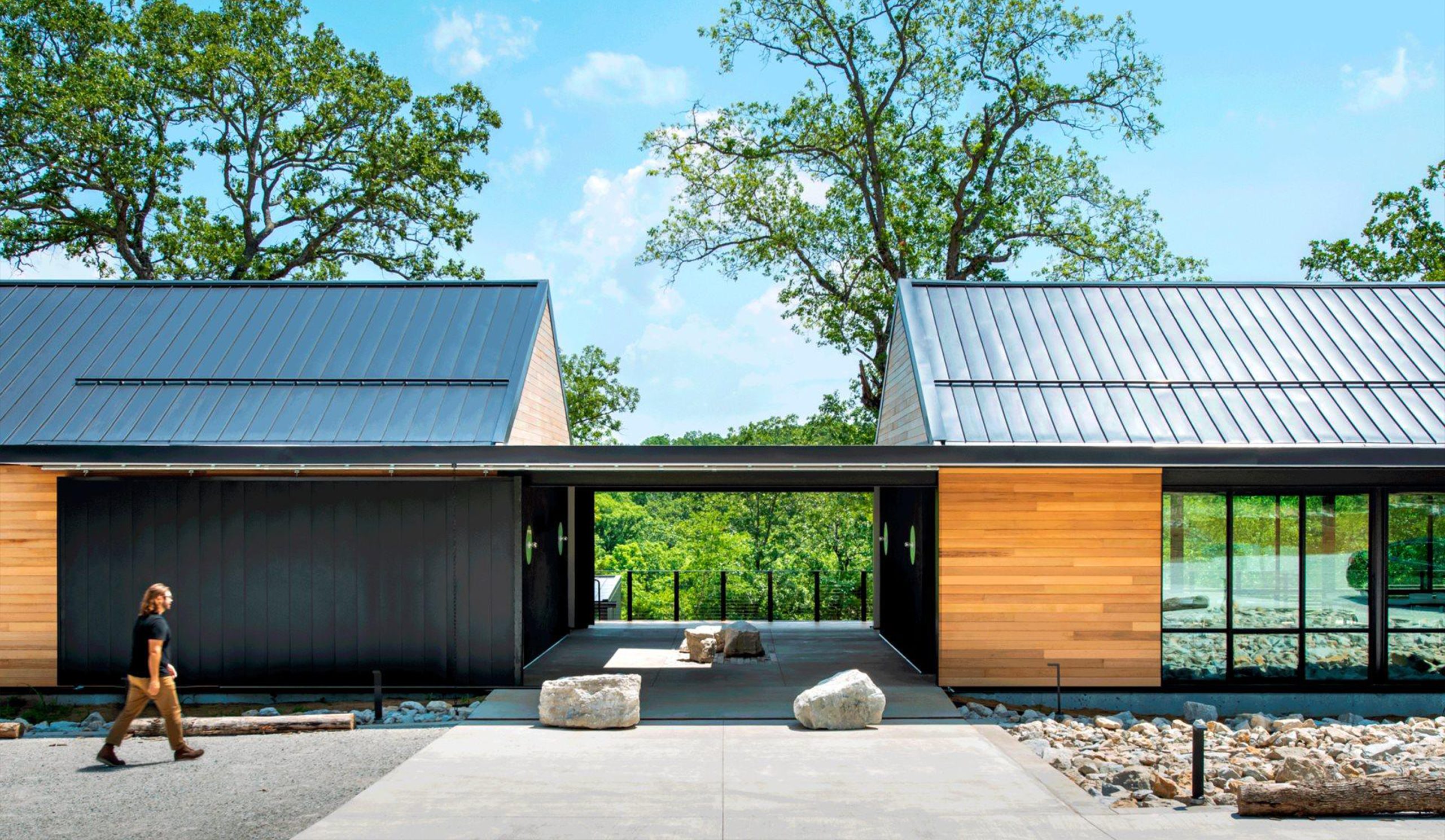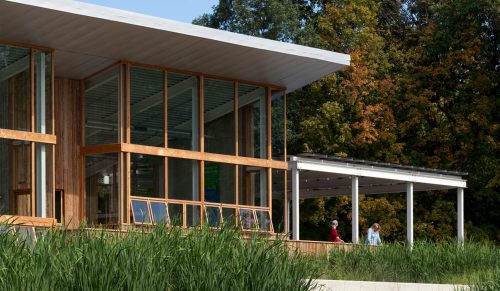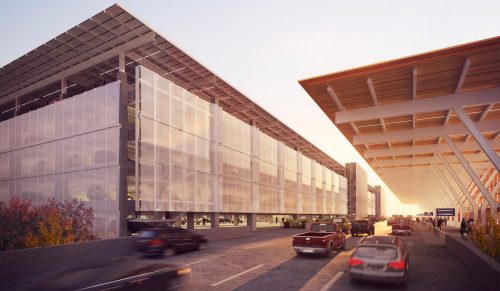
BNIM’s statement on the U.S. rejoining the Paris Agreement
This past week, the United States rejoined the Paris Accord, an important first step for the country that we at BNIM applaud and wholeheartedly support. The Paris Agreement is a critical agreement between the nations of the world to reduce the worst impacts of global climate change and to adapt our civilization to the rapidly warming planet. Implementation will require economic and social transformation, working on a 5-year cycle of increasing climate-focused activities around the world.
When the Trump administration walked away from the Agreement in 2017, city, state, business, and civic leaders across the U.S. and world began work with the We Are Still In commitment and implementing the Agreement at a local scale. If our government’s hiatus of leadership and commitment from this Agreement has taught us anything, it is that we cannot wait for the right policy, politician, party, or vote to make the change that needs to happen. It’s up to us. All of us must take continuous action through our daily choices at the largest scale we can each influence: individual and family, neighborhood and community, business and industry, and municipality and government. It will take a combination of sustained grassroots and top-down efforts to meet the daunting challenges of our time.
The construction and operations of buildings and infrastructure are responsible for 50.7% global greenhouse gas emissions [ 1 ]. At BNIM, we have recommitted ourselves to a regenerative future.
— In 2008, BNIM committed to achieving net-zero energy across our projects by 2030, as early signatories to the AIA 2030 Challenge.
— We reported over a 70% energy reduction across all projects last year, including multiple net-zero energy and net-zero ready buildings.
— In 2020, BNIM committed to reducing the embodied carbon dioxide emissions across all projects by 65% by 2030, 100% by 2040, and 20% net positive by 2050.
— We report our measured progress, failures, and success stories for future growth through a new annual report called Subject to Change.
— Beyond projects, BNIM staff are actively working with Climate Action KC to develop a new regionally focused climate plan based on maintaining progress towards the Paris Agreement target in cooperation with three other U.S. regions (DC, Denver, and Chicago) and the European Commission’s International Urban Cooperation (IUC) Regional and Metro-Scale Climate Leaders.
— Our staff are also working with local government to adopt the newest building energy code for all new construction built in Kansas City, MO, as well as the ZeroCode Appendix to drive projects to produce at least as much energy as they use.
We call on all architecture firms across the U.S. to immediately join the 2030 commitment and implement the AIA’s Framework for Design Excellence into standard project management and goal setting.
BNIM’s Bob Berkebile has long referred to 2020 as the “year of perfect vision,” and what a year it was. Among the many difficult lessons learned last year, is that our civilization is capable of rapid change and adaptation to address the most pressing challenges that confront us. Carbon emissions in the U.S. fell sharply for the first time in decades during 2020, marking the drastic changes to the way we travel and consume energy during a pandemic. Indeed, we need to work collectively now to flatten the carbon curve. The time is right for us to recommit ourselves as a nation to recovering our economy with an eye to equity and to decoupling carbon from our GDP.
Rejoining the Paris Accord gives us a clear path and networks to build on these first steps.
HEADER IMAGE
Missouri State University Ozarks Education Center

